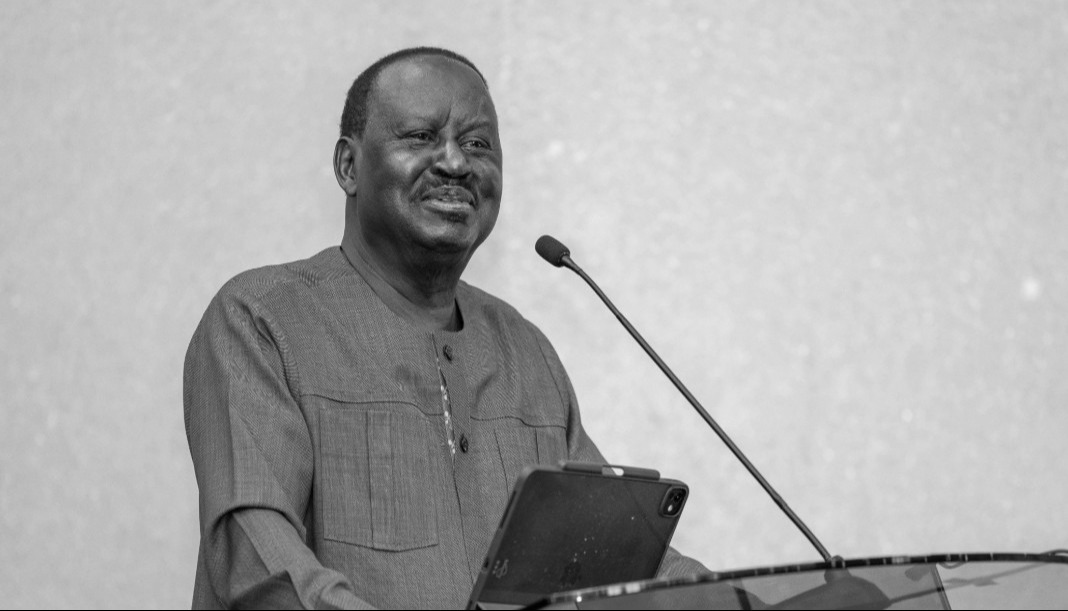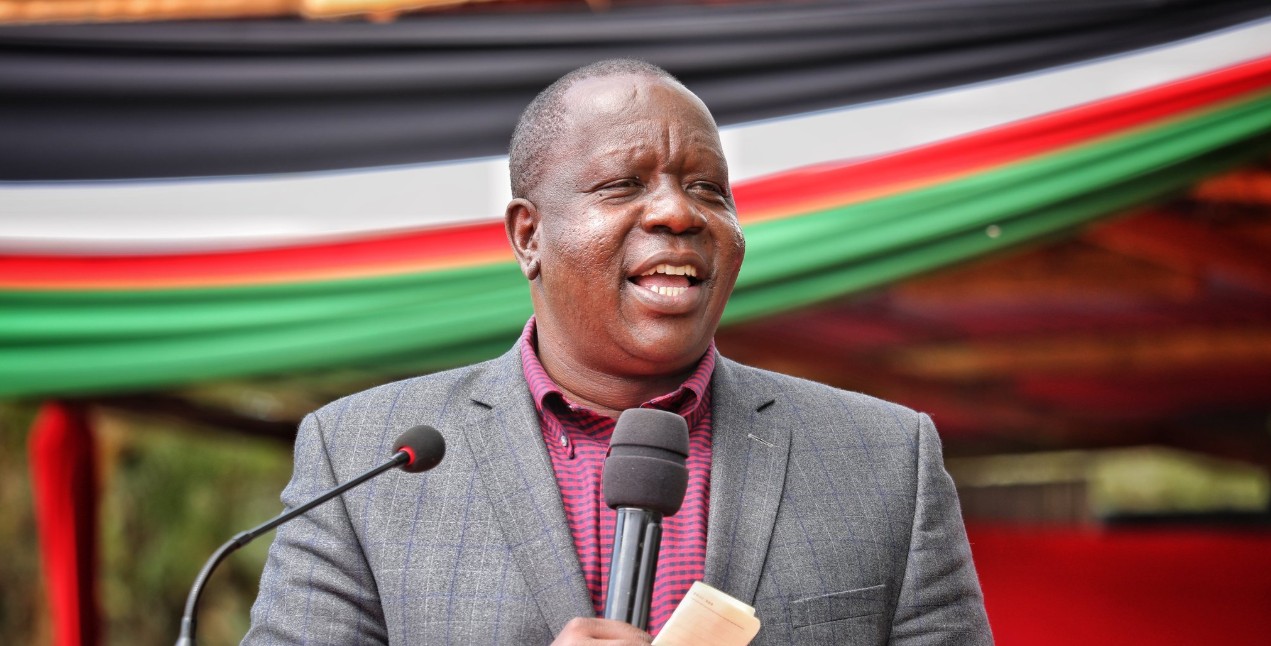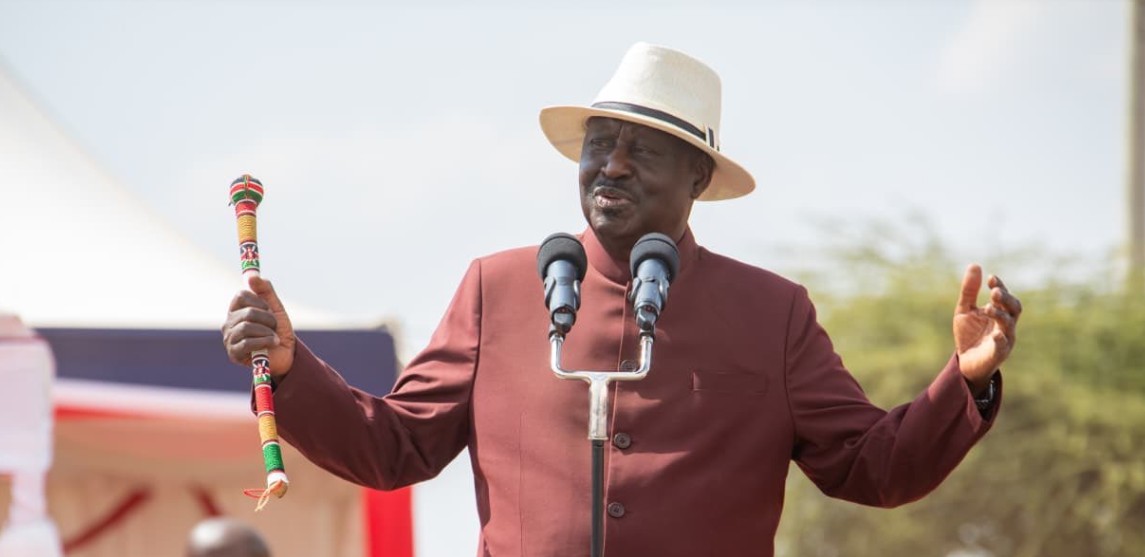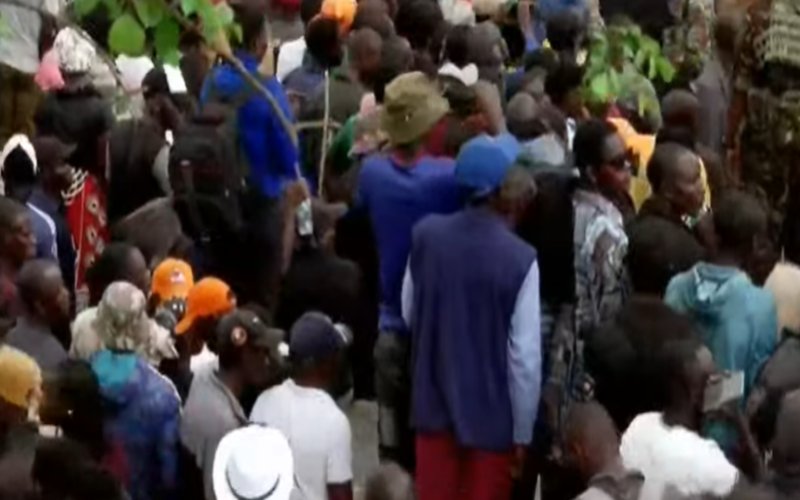Bolt, Uber team up with NTSA to launch joint system to ban errant drivers on all platforms
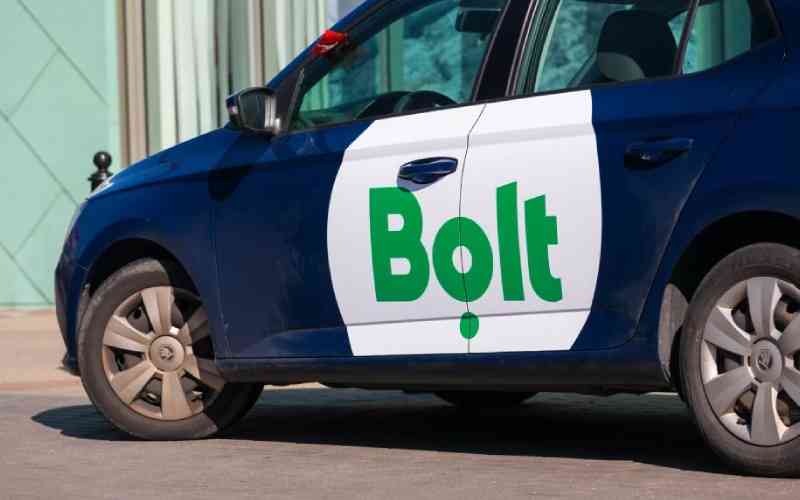
NTSA has already requested ride-hailing companies to begin sharing lists of drivers they have blocked, providing specific reasons for the actions taken.
Bolt and Uber have revealed that they are working on a shared platform aimed at improving passenger safety by ensuring drivers who engage in unprofessional conduct are locked out of all ride-hailing apps.
The move comes as a response to increasing cases of drivers switching between apps after being banned from one, in a bid to avoid punishment.
More To Read
- Motion filed to force Nairobi contractors to repair damaged roads
- MPs probe Transport Department over budget implementation, parastatal overspending
- NTSA launches road safety campaign to keep children safe as schools close
- NTSA under fire for negligence, lax enforcement after deadly road crashes
- One in four global road deaths occur in Africa, report reveals
- 19 first aid units, trauma facilities to be built along Kenya’s blackspots
According to the general manager for Bolt operations in Kenya Linda Ndung’u, the new system, developed in partnership with the National Transport and Safety Authority (NTSA), will allow ride-hailing companies to track and penalize drivers for misconduct such as sexual harassment or overcharging.
She notes that NTSA may also use the data collected through the system to suspend or revoke the licences of drivers who violate industry regulations.
“One of the things that NTSA is working towards is building a platform where we can share such data so that we all get to know errant drivers. That means NTSA can use such information to cancel their licence and also help all apps not to onboard such people,” Ndung’u said in an interview as reported by Business Daily.
She further noted that the collaboration among ride-hailing companies and NTSA is necessary for safeguarding the industry.
“We are having this conversation with NTSA, our competitors, and drivers. This is one of the positive things we are working on as an industry because the reality is that when an incident happens, because of just one person, they spoil the entire industry,” she said.
Ndung’u noted that the emergence of new ride-hailing apps like Faras, Little Cab, Yego, and Maramoja has allowed drivers to switch platforms easily. However, this also poses a challenge in holding drivers accountable for misconduct, as they can simply register with another app after being banned.
“We see those unfortunate instances where errant drivers start with one app and when they are suspended or switched off, they go to another. And because we don't have a common way to share this kind of information across apps or even with our regulator, then we find such instances happening,” Ndung’u said.
To address this issue, NTSA has already requested ride-hailing companies to begin sharing lists of drivers they have blocked, providing specific reasons for the actions taken.
“Currently, we are submitting this, with clear reasons for suspending or locking them out,” Ndung’u added.
Last month, numerous Bolt and Uber drivers took to the streets to demand better pay, citing the rising cost of doing business as a significant burden on their earnings.
The drivers expressed concerns over the pricing calculation formulas used by the operators, arguing that these formulas did not account for unforeseen factors such as escalating fuel costs and travel distances.
In response to these concerns, Bolt increased its ride charges, including the minimum fare, just a week after Uber implemented a similar change to alleviate pressure from drivers who had begun setting their rates. Bolt announced a 10 per cent increase in base fares across all ride categories.
“Following the announcement, all rides booked through the Bolt platform will reflect a 10 per cent increase in the base fare. For instance, the base fare for the economy category will rise from Sh200 to Sh220,” Bolt said in a statement.
Ndungu said the price adjustment was an acknowledgement of "the value our drivers bring to the platform every day."
Top Stories Today

